Like many good ideas, the one to write the PhD thesis on which this book is based started over dinner. In 2005, the co-supervisor of my thesis, Roel Meijer, and I were at a restaurant discussing my intention to write a dissertation about radical Islam in the Middle East, but I was not entirely sure what to do yet. Roel, who was quite aware of my fascination with the dynamics of Islamist ideology, suggested I do something with Jihadi-Salafism. Although I do not recall his mentioning the name Abu Muhammad al-Maqdisi, of whom I had never heard at the time, I distinctly remember his saying: Perhaps you should check out this website. The URL he suggested was, of course, www.tawhed.ws, al-Maqdisi's website and the biggest online library of Jihadi-Salafi literature. When I got home and found it, I was immediately struck by the huge number of sources available, and I just knew I had to do something with this site. This book is the product of the idea that was born that night.
My fascination with ideology and its development and flexibility is rooted in an inexplicable interest in beliefs and dogmas I have had for a long time. For years I have been intrigued by the intricate details of theological and ideological debates, whose participants often claim to be the only true followers of a certain tradition, all the while quoting the same books and scholars but coming up with entirely different practical solutions. This interest was, of course, directed towards Islamic and Islamist thought during my studies at university. In that sense, this book is something I had long wanted to write, probably even before I realised it myself.
Dinners and long-held fascinations aside, however, it should also be mentioned that this book would probably not have been written had it not been for the terrorist attacks of 11 September 2001 in the United States. Not only were thousands in New York, Washington, D.C. and Pennsylvania murdered in these attacks, but they also had a deep impact on the lives of millions of others affected by the attacks foreign and domestic policy implications andimportantly on academia. The aftermath of 9/11, as my generation will always remember it, spawned a great number of think tanks, centres and institutes dedicated to the study of terrorism andin this caseits radical Islamist underpinnings. In a way, this book is also a result of this trend, although I feel slightly uneasy putting it like that. While I am certainly very interested in radical Islam and terrorism, I have never considered myself a terrorism analyst. This is not to suggest that there is anything wrong with terrorism analysts; many of them do an excellent job of keeping us safe and writing first-class publications. It is just that I have always been more interested in the words and ideas than in the guns and bombs, and would have been happy to apply my time to non-radical beliefs and ideologies. I therefore also hope that this book will not be viewed as dealing only with terrorism and radicalisationalthough these subjects are certainly mentioned in the pages to comebut really as an effort to dissect the contents, (ideological) context and impact of Abu Muhammad al-Maqdisi's ideas.
Combining my fascination for ideas with my realisation that this book would not have seen the light of day without 9/11 turned out to be much easier than I had initially thought. As someone who was profoundly shocked and filled with abhorrence by the attacks in 2001, I assumed it would be difficult ever to talk to al-Maqdisi, who so openly applauded this wanton killing and generally held beliefs that were diametrically opposed to my own. It turned out, however, that this was not the case. Not only was al-Maqdisi a very friendly and hospitable personhis radical beliefs notwithstandingbut meeting the man whose ideas have occupied such a major part of my life over the past few years was quite exciting, and ensured that we had a connection that overcame any ideological animosity I had for him. It would be wonderful if this book could in some way contribute to a greater understanding of radical Islam as my reading of al-Maqdisi's work helped me understand him better. While a better grasp of Jihadi-Salafism can be used for various purposesboth good and evil, depending on one's perspectivea bit more understanding is never wasted, especially in today's world. That would definitely be a nice result of an idea that simply started over dinner.

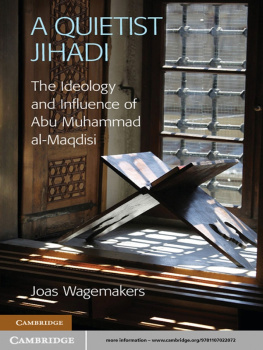

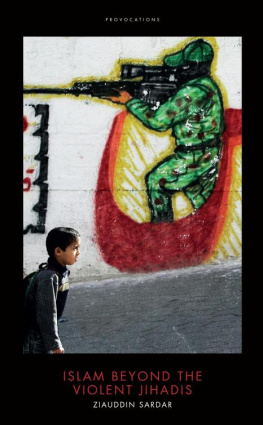
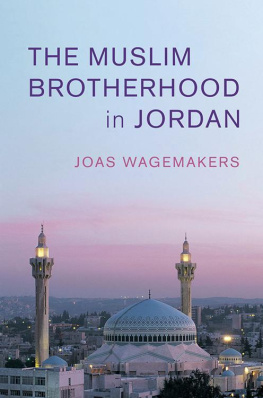
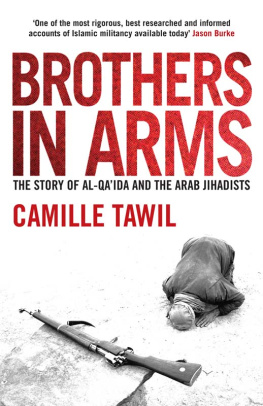
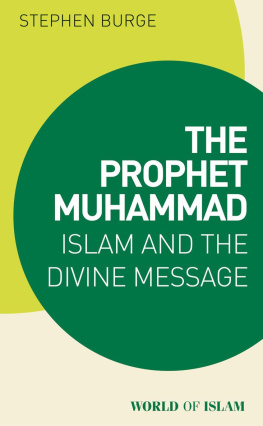
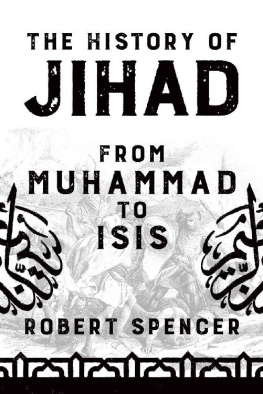
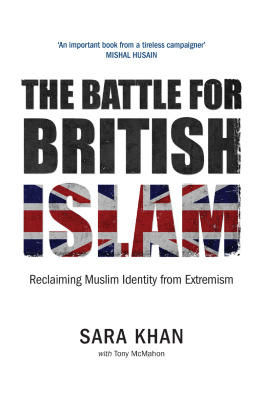
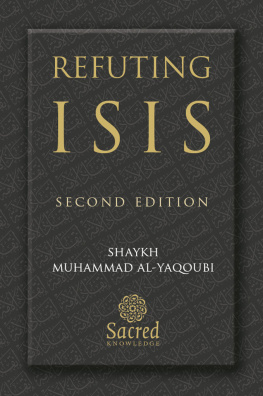
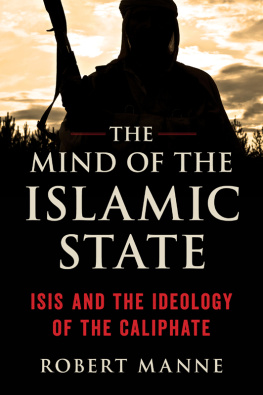
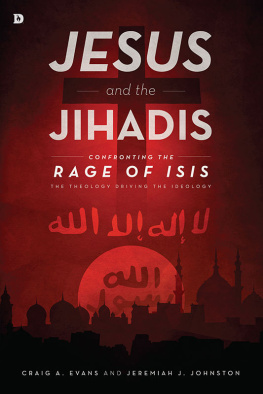
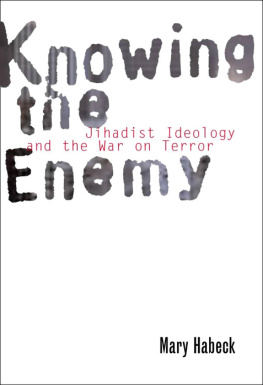
 ab al-Zarqawi, the former leader of al-Qa
ab al-Zarqawi, the former leader of al-Qa